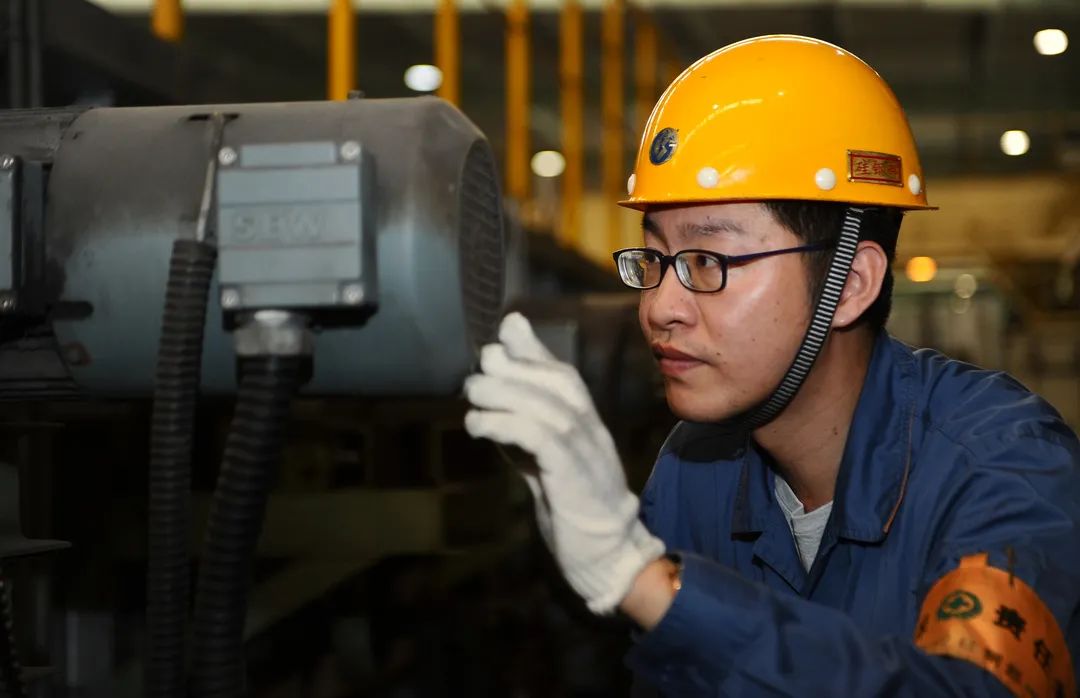What is the son: Jiangnan Folk Customs and Suzhou Folk Museum
Author:Music club Time:2022.07.22
The Suzhou Folk Museum currently has five exhibition halls of "marriage customs, vitamins, festivals, life customs and Wu Ge customs". Basic display in the museum is formed by the "Etiquette of Life, the New Year's Day and Wu Ge style". The wedding custom exhibition restored the display of the wedding model of the southern Han nation in the late Qing Dynasty a hundred years ago; the festival hall reproduced all the ceremonies unearthed from the old Tigerqiu Shantang Street; in the middle of the food customs hall, a more typical Suzhou home kitchen model was displayed.






Jiangnan Name of Customs
In ancient times, people often had the customs of their children's health, longevity, happiness, and happiness.
In the Jiangnan area, parents are afraid that their family is "blessing". Therefore, she went to find a family of portraits and counted their children as the child of the adult family, so that the children grew smoothly.
The parents of the Lord Fu's family became the child's father (sending the grandfather) and the mother (mother), and the child became their children or daughter. The two families became " Send a dear.
The one who sends the child is always a child family. In the old days, it was not important to be a blessing, and it was not important to be poor. Chen Bo, the wealthy owner in the Peking Opera "Beat the Grave", is more envious of Zhang Gongdao, who took six sons to his house and asked for the poor, and asked the poor. There is no back seedling. "
At the door of receiving the son's family, leaning on a long ladder, a sieve was placed above the long ladder. The children's house prepares a namebag in advance. The name of the incense candle shop was sold in the past. This post -name bag was passed from the gap between the long ladder into the sending father's house and hung it on the house. Before the child grows up, this name -name bag still needs to be retrieved.
Sending son's house always gives some gifts to the parents. As for the gift from the parents sent to the son, the first time it will include a baggage, a collar (clothing collar), and a bellyband, and the voice of "Bao Di" (Wu Di belly, big homophonic).
In another case, there are also names to the temple. After the child was born, his parents brought the baby to the Taoist temple, and asked the Taoist priests and monks to give a Taoist or legal name, called the "Name". When sending the name, the monks need to give their children some things, such as monks, dresses, and so on. The most prominent is the sign of the name and the name lock (cable).
In addition to many things to Ximen Qing's son in "Jin Ping Mei", he also gave a silver item circle with "Golden Yumantang, longevity and rich", and a Zhu Shuhuang Xunfu. Destiny, peach Yanhekang ", the silver ring and yellow lines are the name locks and names.
When the parents think that the child has matured and grows, the relationship between reputation is terminated. The ritual of the termination of the relationship is called "returning" and "pulling the bag", that is, the name of the post -name when the name is sent to the temple is taken back and returned to the world.



Bag collar big and post -name bag
Fa Lubuka
Fa Lubu is also called "Lishi Bag". "Dream Liang Lu" in the Song Dynasty called "Pepsi".
Fa Lubu is made of pine and cypress branches, evergreen leaves, copper coins, bamboo chopsticks, silk cotton, cotton lines, and pine cypress symbolizes longevity; Wannian symbolizes prosperity; chopsticks symbolize early life; silk cotton symbolizes the extension of the descendants; The copper coin symbolizes the wealth of wealth; the cotton line symbolizes happiness and harmony.
When the Jiangnan folk wedding was hung in the bed tent or built a house, it was hung in the beam of the house when it was built. When the family has a major event, some people on the newly built housing are even made of metal bronze into a hair bag with metal copper, called copper -hair Lu.
It may be engraved with the two immortals. It is said that when the wedding bed is paved, the stalls first, the back mattress, and 5 red eggs and 4 regiments in the quilt, hanging green dragons on both sides of the bed (that is, copper -hair Lu, copper ingot and copper skewers), and hung auspicious in 4 sides Ruyi embroidery parts, Lubuku is hung in the middle.


Ruyu bag in the late Qing Dynasty

Bronze
Take the week
Catch the week, traditional Chinese customs, is now a custom of a child in East Asian countries when they are old.
When the newborn age, various items were placed in front of children and arrested them. Traditionally, commonly used items include pen, ink, paper, 砚, abacus, coins, books, etc.
The Wei, Jin and Northern and Southern Dynasties already existed. Before the child, observed what he gave up, and used the greedy and intellectual and foolishness.

Caught a week
Suzhou Folk Museum Folklore Collection

Kirin Lantern

The jar of Sheng Ze called this kind of tea is "tin De", or the earliest tin -made. Put some cake rice noodles and the like.


Money





Fengzhou Lantern




Dragon boat lamp

Qing Ruyi smoked incense box
Other folk collection of Suzhou Folk Museum








The picture materials of this content are the data of the Leyi Club.
- END -
The "new type of 族“ "quietly emerged and used the" examination "to escape the reality.

Lao Lao has always been spurred by the society. Whenever we see people on the Inte...
Baoshan Craftsman Star | The notes beating on steel -remember "Shanghai Craftsman" Song Jun

Jun, Said the text is notes as the material of thousands of people, and the materi...